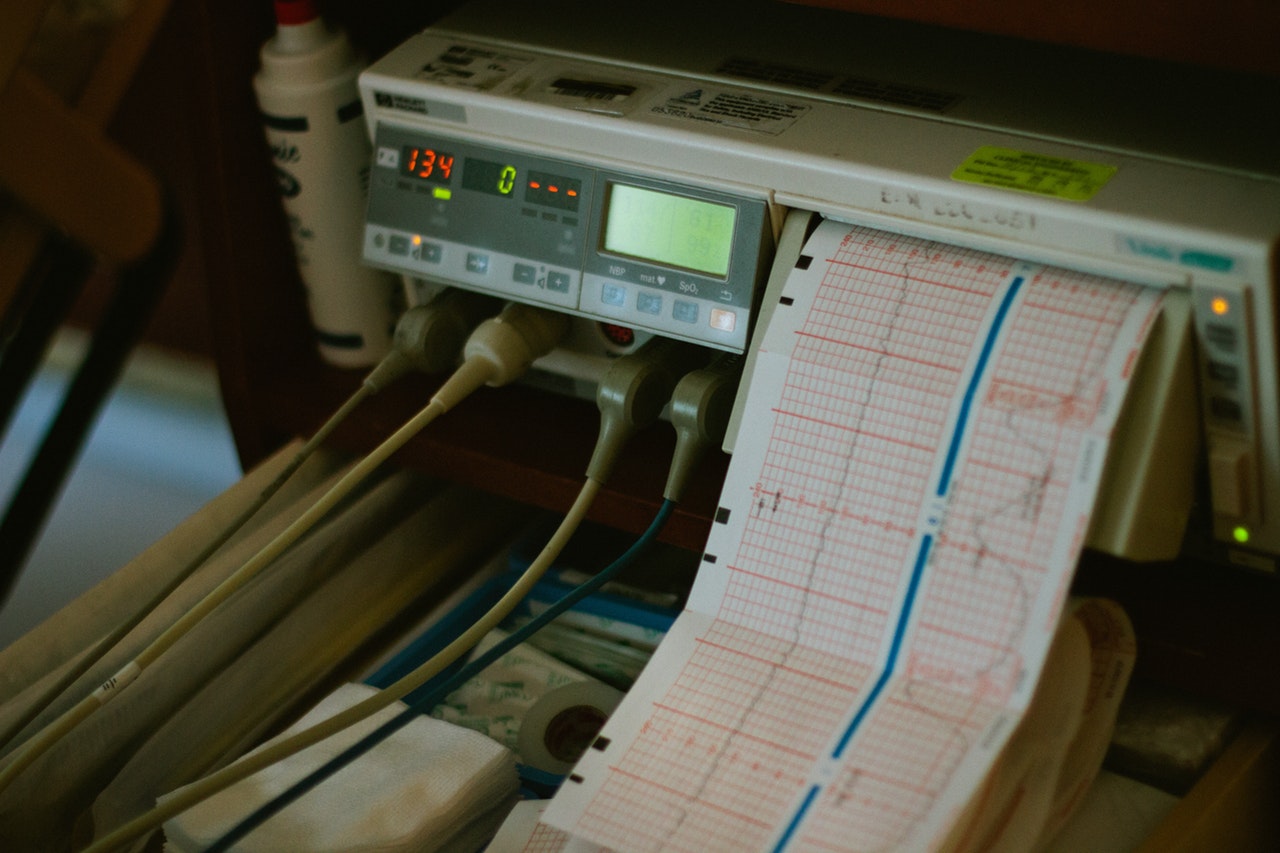The Royal Academy Of Engineering has started to warm people of the hackers and their deadly effect on being able to kill patients. These notorious groups have now gained access to the pacemakers and other health technologies making them increasingly vulnerable.
Security experts are warning their patients of the severe consequences this breach of cyber-security can bring. The RAENG has warned that these healthcare devices vulnerable to hacking are increasing and pose a great peril to individuals.
These advanced technologies’ including the pacemaker and wearable health monitors can give these hackers access to the whole system, linking them to the internet, private information and also provide an internal gateway to the governmental information.
A few US hospital have been defiled by Wannarcy and Medjack computer viruses through unprotected medical devices. These medical devices can act as a pathway into other areas of the network and move from one device to another easily. To stop these hackers, you need a highly buoyant system that can recover on its own quickly.
In the recent years, there have been a number of health technology that was found accessible to cyber-attack. Professor Jennings warned that a lot of people do not have the skills to protect their own data and he said: “ It is worrying that there is a low level of data literacy.”
Prof. Jennings believes that data literacy should be taught from primary school including the fact that Wi-Fi passwords, email address access should not be given to anyone outside of your immediate family. To protect your network from being misused, set up a guest network in your house and keep yourself and your family protected.
Professor Nick Jennings, the Vice Provost at Imperial College London, claims that harm can be done through not only these unguarded medical devices having deficient cybersecurity, but you can also be harmed through future-connected houses and self-determining vehicles; this advanced hacking in future might even lead to death.
Source: TeleGraph

